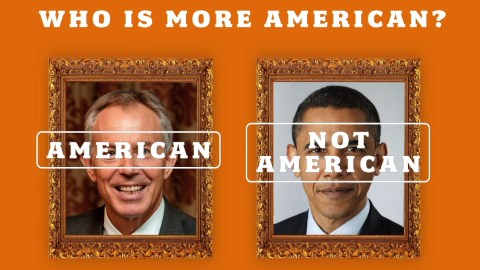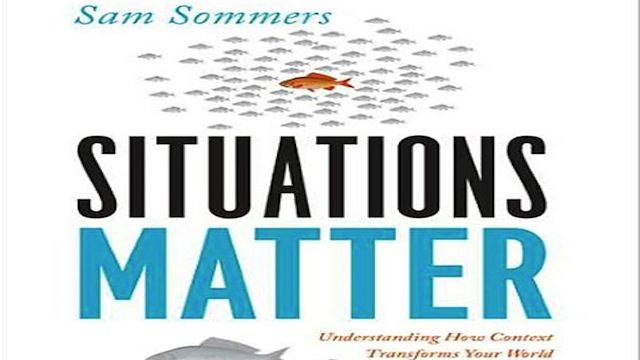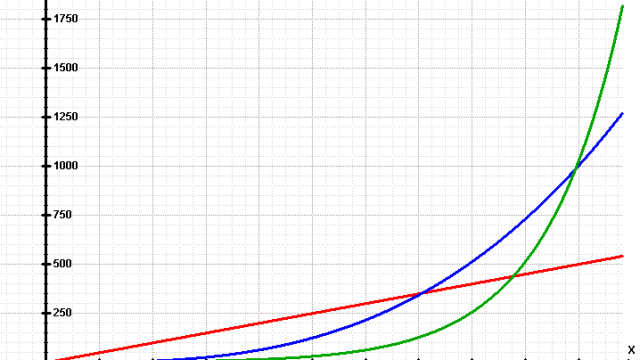Why We’re at War With Ourselves: Understanding Racism as an Introduction to Psychology

There’s nothing inherently wrong with stereotypes. In fact, cognitive psychologists argue that we need them in order to survive. For instance, that is how we know what is good to eat, and what is not. Yale professor Paul Bloom, argues in his Floating University lecture that “part of being a successful human is the ability to learn, and part of learning is making statistical generalizations on the basis of limited experience.”
While the stereotypes we make about groups we are part of can be accurate and positive, we want to avoid certain stereotypes, “particularly ugly pernicious stereotypes,” Bloom argues, “that are based on a person’s sex, age, race, profession, religion, sexual orientation, and nationality.” These stereotypes tend to be based on biased information. For instance, are all Italian-Americans like the characters on the Sopranos–or for that matter, The Jersey Shore? Of course not. What if your opinion of Jews was based solely on Shakespeare’s character Shylock? A reasonable person would say no. However, many of our stereotypes are the result of an unconscious bias.
For instance, when the Soviet Union was America’s ally during World War II, Americans tended to describe Russians as “brave and hard-working.” After the war, in 1948, Americans described their new Cold War competitors as “cruel and conceited.”
In the video below, Bloom addresses racist stereotypes and how he says we can structure our world so that we can diminish the role of unconscious bias.
Watch the video here:




